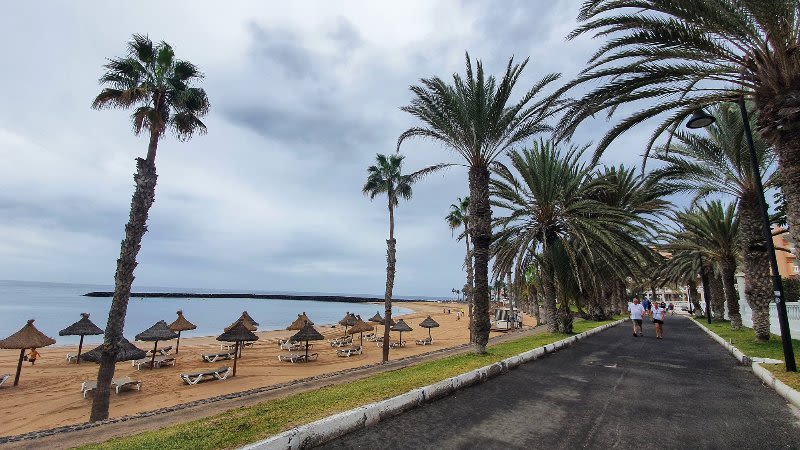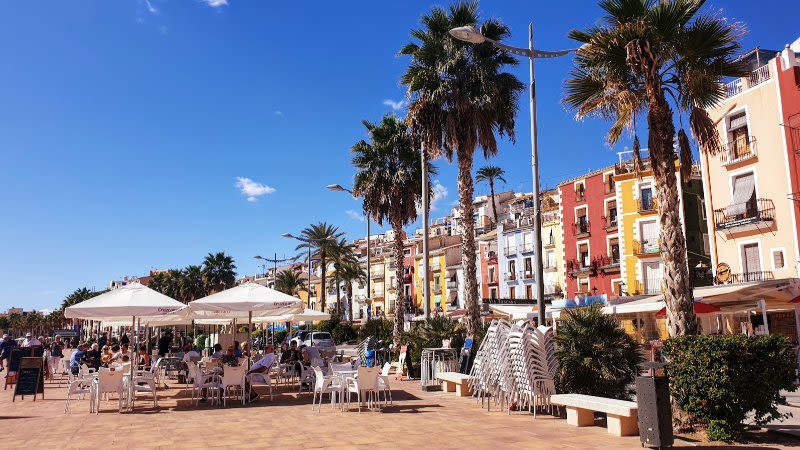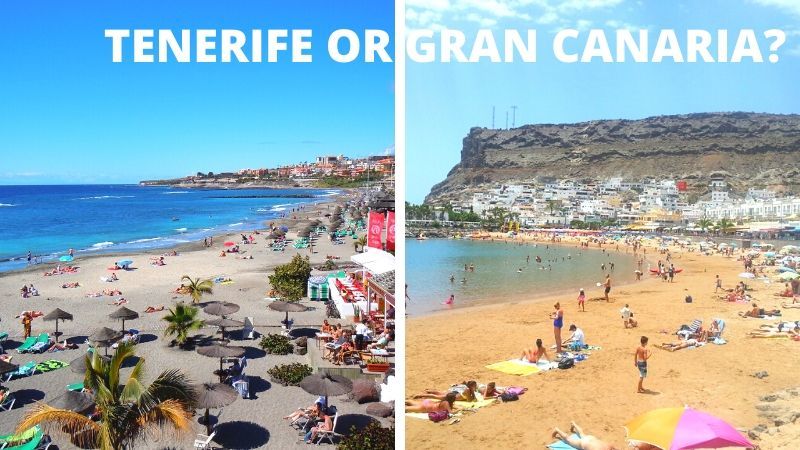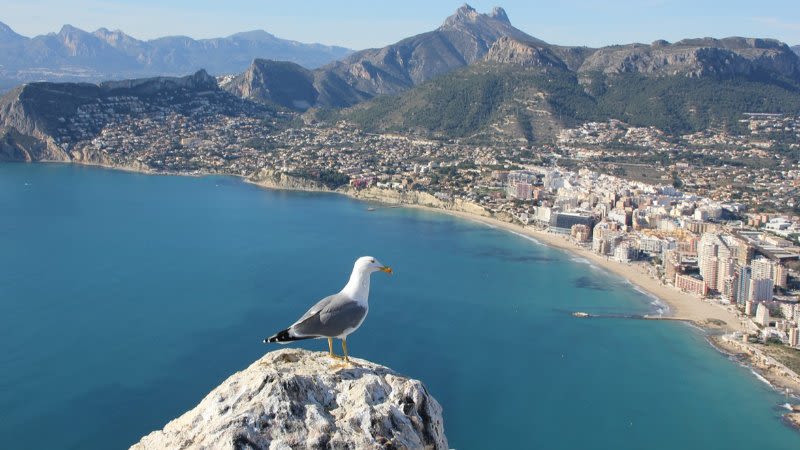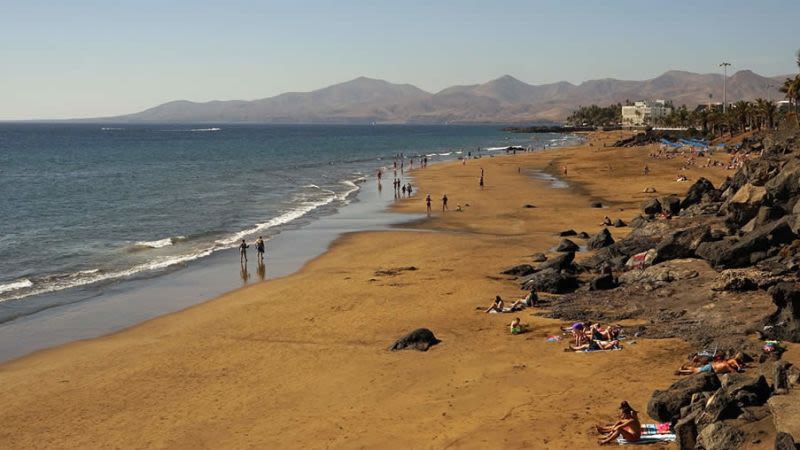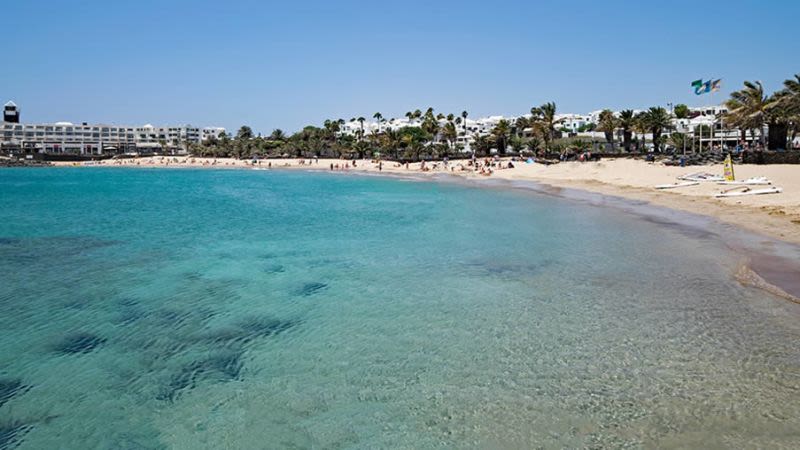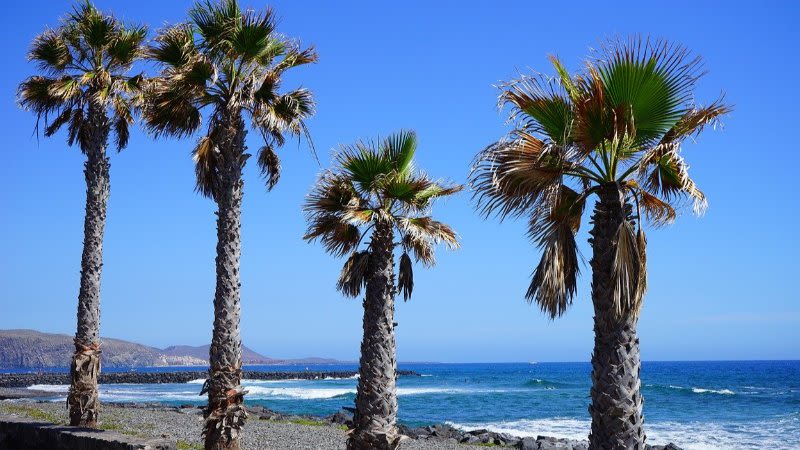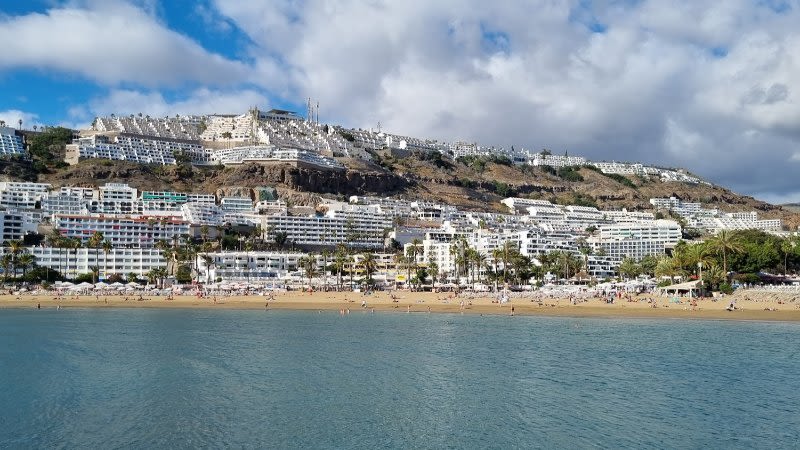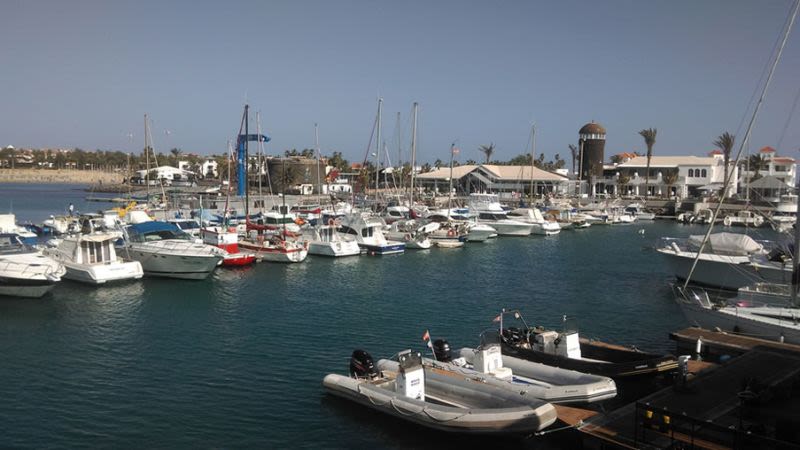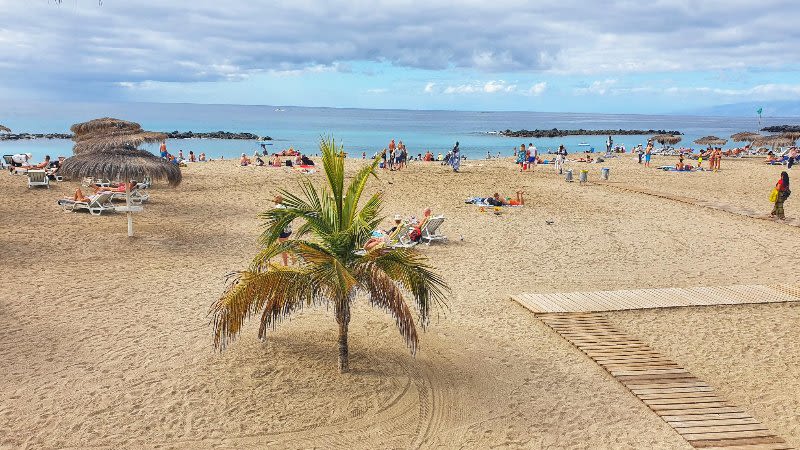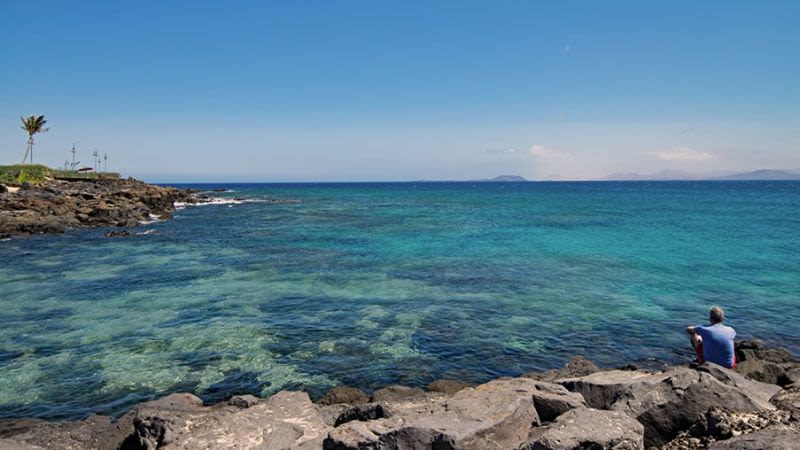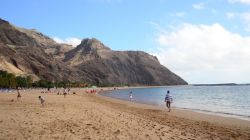Canary Islands want to start a debate on limiting the purchase of homes by foreigners

The Government of the Canary Islands has launched a strategy to open the debate regarding demographic saturation in tourist areas.
It is, according to the president of the Canary Islands, Fernando Clavijo, one of the tasks set by the regional Executive and which is added to the celebration of the First Conference of Presidents this week to address, together with the Councils, the demographic challenge, as well as, the work started with the 46 Canarian municipalities with less than 10,000 inhabitants.
The Canarian Government requested a report from the legal services department regarding the limitation of the purchase of homes by foreign citizens.
The Executive's most immediate plans also include introducing the debate on population saturation in tourist areas, a problem shared by other European archipelagos and coastal centers. For this reason, the president of the Canary Islands has formally requested the Conference of the Peripheral and Maritime Regions of Europe, CPMR, to hold a monographic forum in Brussels, led by the Canary Islands, which "will allow us to analyze the situation and agree on joint responses to common problems such as the overpopulation in these areas.”
Likewise, the Canary Islands Government has already requested a report from the legal services on the viability of a legislative reform that would allow the establishment of mechanisms to limit the purchase of homes by foreign capital on the islands. There are community territories that have these limitations, but their regulation existed prior to them joining the European Union.
Among those territories is Malta, which joined the EU in 2005, and in the subsequent negotiation and agreement added a provision that prevents European citizens from buying more than one home on the island unless they have been residents in Malta for more than five years. This is the only way to obtain authorization, known as the Acquisition of Real Estate Property Act (aiP Permit). The Government of Valletta adopted precisely this measure due to the small size and weight of the tourism sector in its economy. This situation is repeated in Finland, which for its entry into the EU included a restriction on the acquisition of land or housing for the Aland Islands archipelago. In this way, a non-Finnish European needs permission from the authorities to buy a property.
“The Canary Islands have been taking steps for nine months to move towards a more sustainable development model, a path that we have already started with the Cabildos and also with the town councils, but the involvement of the State and the European Union is also necessary,” Clavijo stressed.
Likewise, he assured that the demographic challenge "is an issue that transcends beyond the Islands, it is a challenge that we share to a greater extent with other European islands and coastal areas and that also requires a debate within the EU."
The objective of the Government of the Canary Islands is to convene this forum in Brussels to set the task for the future European Commission that will be elected after the elections and for the different political forces to include the initiative in their roadmap.
This would be the first initiative led by the Canary Islands to address the demographic challenge in the European Union, which it wants to address in the CPMR because it is the European forum in which all European coastal areas and islands are present. The Executive trusts that the debate can be opened before the next Assembly of this organization next year in the Canary Islands, as was agreed at the last meeting held last week in Ponta Delgada, Azores.
The CPMR is an organization, of which the Canary Islands are a part, created in 1973 and which brings together 150 maritime and coastal regions of 24 states of the European Union whose main objective is the social, economic and territorial cohesion of the islands and maritime areas.



